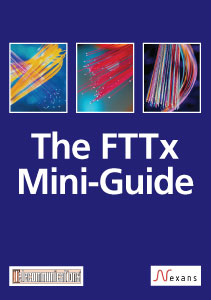Alcatel-Lucent announced at its annual Technology Symposium that the firm’s entire suite of IP edge router software will be able to run on standard COTS (commercial-off-the-shelf) servers, although the timeline for full commercial availability is still a bit hazy (see roadmap below).
“We’re giving operators the freedom of either running our software code, with all the routing, on dedicated hardware, or porting that code – where it makes sense – on standard x86 servers,” says Phil Tilley, Alcatel-Lucent’s marketing director of cloud strategy and solutions.
Alcatel-Lucent’s operator pitch is that dedicated edge router hardware will still be needed to support high-capacity demand from large enterprises, while the more flexible VSR (virtualized service router) can meet the needs of smaller businesses. The supplier has no intention of cannibalizing dedicated edge router hardware that supports heavy data-plane processing. (more…)




